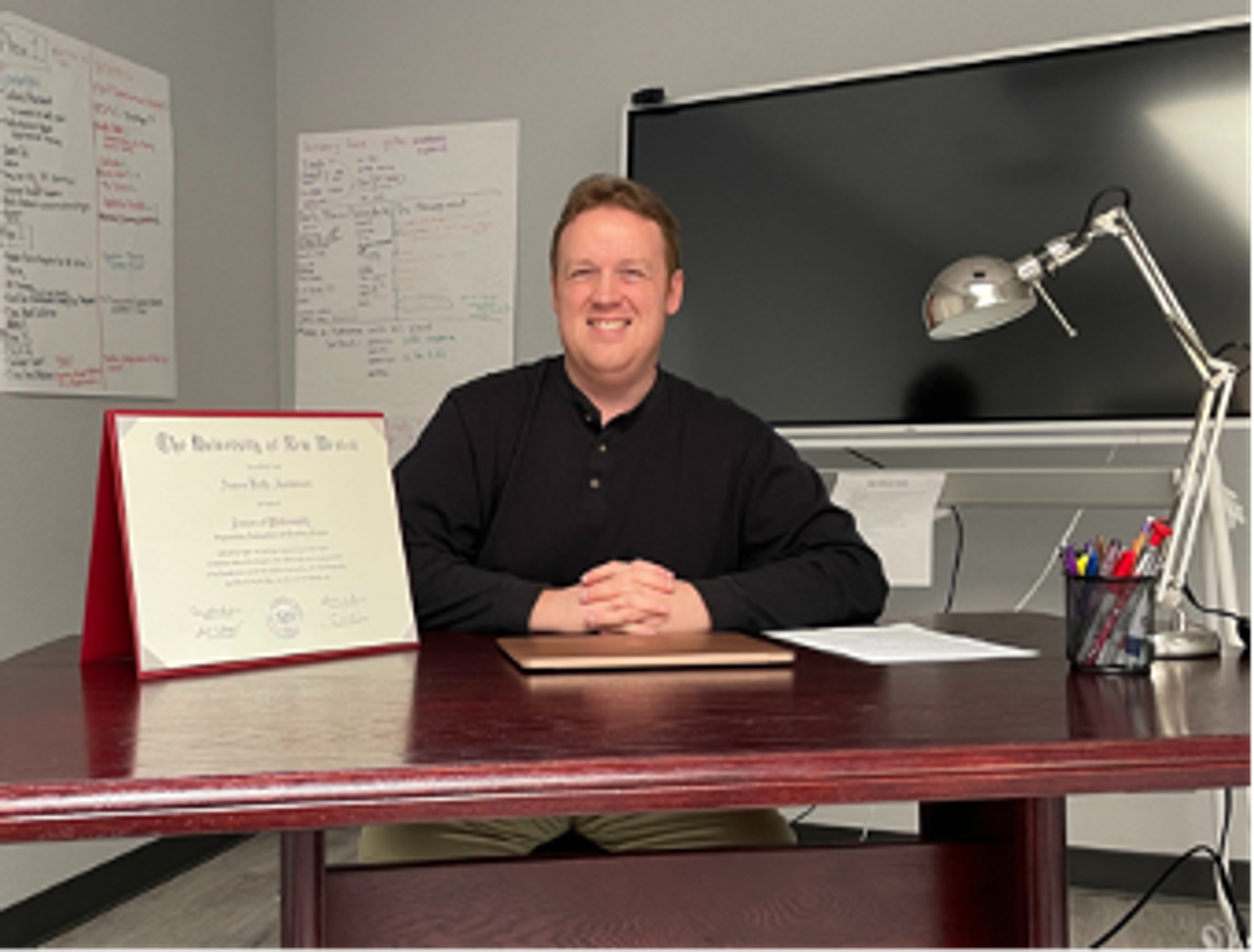As you are no doubt aware, conversations about disability are peppered with loads of skewed perspectives. Very frequently, the meaning of the term “disability” ends up warped or burlesqued, and there are a lot of common “profiles” that get thrown around. In one of my previous posts, I briefly discussed how disability is often equated with weakness. Even today, it is urgent to keep challenging the widely distributed narratives with the personal stories of individuals with diverseABILITIES. There’s a very particular reason we at LSG employ the term “diverseABILITY,” in fact, and it’s because so many of those common narratives forget to focus on the “ability” in “disability.”
In that light, I want to speak on the subject of neurodivergence for a moment—more particularly, how neurodivergent characters are portrayed in film. Though we have made promising strides in how filmmakers construct these characters, we still encounter a lot of disappointments nowadays. You might be familiar with a film called Music, written, produced, and directed by popular musical artist Sia. The consensus around this film is that it was another unfortunate “tryhard” attempt at portraying autism on screen; viewers were frustrated that the titular protagonist, a young girl on the autism spectrum, had been reduced to a one-dimensional series of quirks and general helplessness. Adam White at The Independent stated that the character Music “is less a girl than she is a prop, a concept or a sentient ‘Live, Laugh, Love’ poster—something to be talked about from across a room, to be used as a font of wisdom, or to be planted face down on the floor when she’s being too vocal in public” (2021). This is only one example of how the complexities of being on the spectrum, of being neurodivergent altogether, are still oversimplified and whittled down into archetypes of people that cannot live their lives independently.
Fortunately, we have several tools available to us where we can combat many of the unfair narratives more readily; this is perhaps one of the advantages of social media. I recently came across an Instagram reel by user @reberrabon_bon (Rebecca “Riki” Quinn) that explained how non-autistic—or “allistic”—actors seem to portray characters on the spectrum most accurately when they do so “by accident.” She discusses two popular TV characters as case studies. The first example is Sean on The Good Doctor, who is officially on the spectrum but does not connect very well with many autistic viewers. The second example is Abed on Community, who was not intended to be on the spectrum, but exhibits several neurodivergent traits that resonate with the same viewership. Much like Sia attempted to do with Music, the intention is often there when it comes to portraying autistic individuals on screen, but perhaps not the necessary nuances.
All in all, it is very unstable ground that filmmakers often tread when it comes to constructing authentic characters who are on the spectrum or neurodivergent in some way. Autistic individuals often need to provide corrections or alternative perspectives with the releases of certain films or other media, which speaks to how rich the ground is for storytelling in the context of the diverseABILITY experience. LSG delved into that soil when we held our very first storytelling event, “Harvesting Our Stories,” this past October. Our next one, “Growing Our Future,” will occur at Gutierrez-Hubbell House this upcoming Earth Day (April 22nd)! Like last time, the event will be for all ages and will place heavy emphasis on how storytelling continues to enrich our understanding of diverseABILITY in society. Keep your eyes open here at www.lsg4schools.com for further info!
Until the next story,
Aaron Kelly Anderson
a.k.a. “A PhD on the Spectrum”
References
Quinn, R. F. [@reberrabon_bon]. (2023, January 20). The only GOOD portrayal I’ve ever seen by an allistic of a canonically autistic character was Ben Affleck in The [Video]. Instagram. https://www.instagram.com/reel/Cnpb69gLsEV/
White, A. (2021, February 18). Music review: Sia’s catastrophic directorial debut uses autism like it’s a ‘Live, Laugh, Love’ poster. The Independent. https://www.independent.co.uk/arts-entertainment/films/reviews/music-sia-review-autism-b1802420.html


